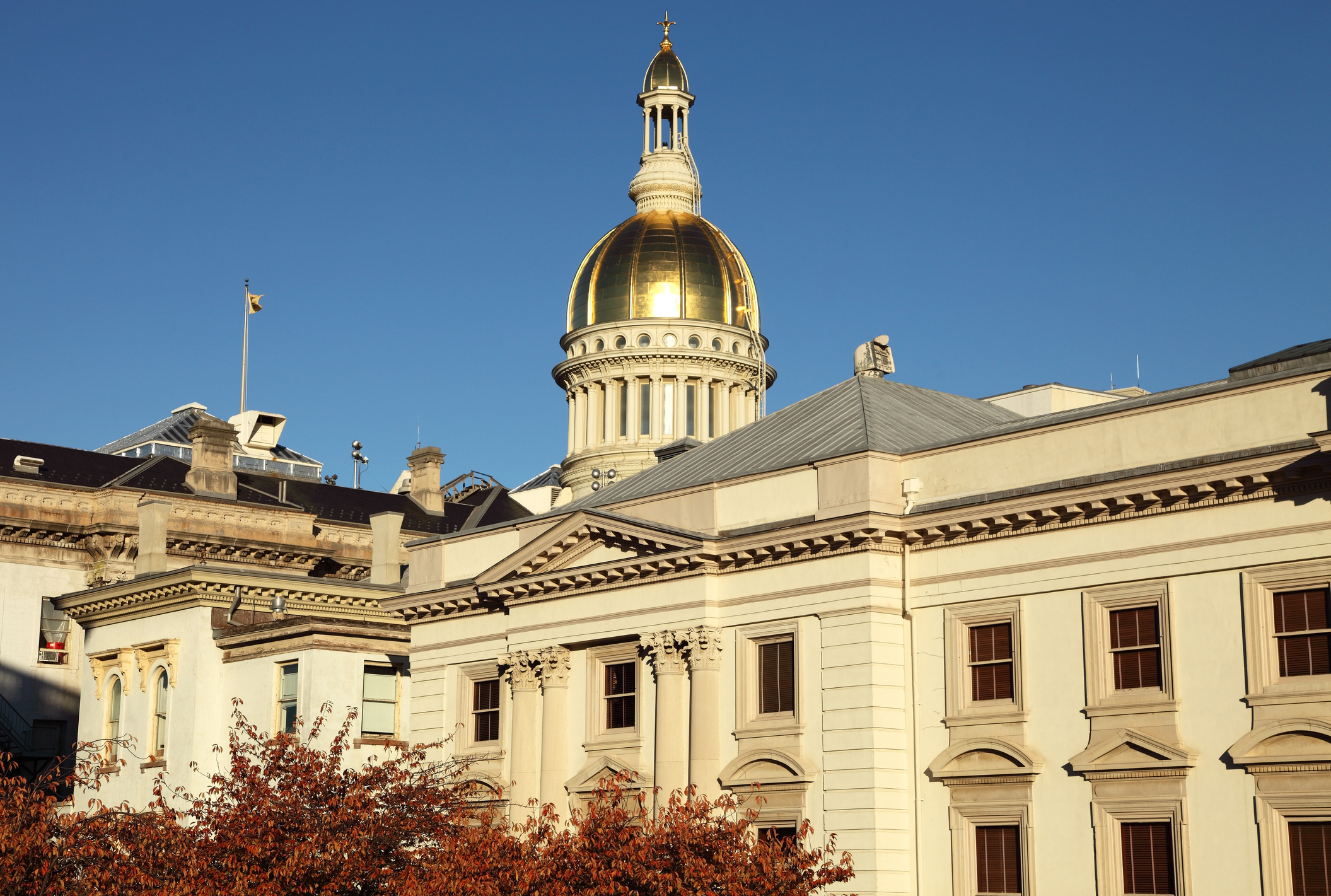The latest legislative moves in New Jersey include new bills that would boost outdoor dining, would make driving schools more flexible, and would protect property owners.
Additionally, in the past few weeks, New Jersey has rolled out a lineup of bills that would improve business flexibility and property protections while addressing tangible community concerns. With a mix of support for small businesses, community safety and personal property rights, this latest batch of legislation could influence work and life across the Garden State.
Let’s take a closer look at some highlights from these legislative developments and what they could mean for New Jersey residents and business owners.
Breathing life into outdoor dining: A boost for restaurants and bars
When the pandemic brought dining to a standstill, New Jersey restaurants adapted with open-air options that allowed diners to feel safe while supporting their favorite local restaurants. Now, this spirit of adaptability would be carried forward with A-4866/S-3608, sponsored by Assembly Chair of the Financial Institutions and Insurance Committee, Roy Freiman, D-16, and Sens. Paul Sarlo, D-36, and Vincent Polistina, R-2. These bills passed smoothly through both the Assembly and Senate, with unanimous support, showing that lawmakers recognize how vital outdoor dining has become for both business and community morale.
So, what’s in it for restaurant and bar owners? The new bill would give them the green light to expand operations beyond their doors, onto adjacent outdoor spaces or even sidewalks, creating lively street scenes that could bring more business and excitement to neighborhood dining.
Establishments serving alcohol would have a few extra steps—theywould need the approval of the Division of Alcoholic Beverage Control and municipal authorities to set up these outdoor spaces. It’s not just a simple “set-up-and-serve”—restaurants would need to submit certificates of insurance to demonstrate they maintain at least $1 million in liability coverage for any incidents in outdoor dining areas. Additionally, if the business owner is a commercial tenant, then he or she might need to secure consent from the property owner, and to agree to indemnify the municipality against possible claims.
If enacted, this bill would take effect immediately, allowing restaurants to maximize their outdoor spaces as fall winds down and just in time to welcome New Jersey’s beautiful spring and summer seasons.
A cost-saving change for driving school instructors
Driving schools and their instructors might soon get some welcome news. Under A-4962, sponsored by Assemblyman John Azzariti Jr., R-39, driving schools would be able to use vehicles owned or leased by their instructors for behind-the-wheel instruction and Motor Vehicle Commission road tests. This move could help streamline operations for driving schools, as instructors won’t have to rely solely on school-owned cars, which often can be a costly constraint.
While the prospect of using private vehicles might raise eyebrows from a safety perspective, the bill would require that these cars meet stringent standards—seat belts, visible “Student Driver” signage, dual controls and more. Moreover, the bill includes an insurance mandate, which emphasize that instructor-owned vehicles must carry sufficient coverage—including the state’s required personal injury protection and other compulsory personal auto coverage limits.
If signed into law immediately, this bill would allow driving schools across New Jersey to start using their instructors’ own vehicles right away. This change could help lower costs and expand access to driving instruction, particularly in underserved areas.
Protecting homes from quarry blasting: Insurance backstops for homeowners
For residents living near rock quarries, the occasional rumble of blasting can be more than a minor nuisance—it can cause actual damage to houses. The introduction of A-4991, sponsored by Assemblywoman Carmen Theresa Morales, D-34, would require quarry operators to take responsibility for the effects of their operations.
Quarry owners would need to obtain general liability insurance or establish a self-insurance fund to cover any damages their blasting activities cause. This means that homeowners dealing with cracked foundations or damaged walls would have a clear route for compensation. Plus, there’s more than just insurance on the table here. The bill also proposes a Rock Quarry Blasting Contingency Fund, financed by a tax on quarry operations, which would serve as a financial safety net for property owners affected by uninsured damages.
To ensure affordable insurance for these residents, the Department of Banking and Insurance is tasked with consulting the Department of Environmental Protection to oversee the development or modification of insurance policies to prevent exorbitant premiums or policy cancellations for residential property owners affected by blasting. If enacted, this bill would immediately ensure that homeowners can rely on accessible compensation when blasting operations causes damage to their properties, offering peace of mind for families living in these areas.
Ensuring proper use of fire insurance: Municipal protections for fire-damaged properties
For municipalities dealing with fire-damaged properties that risk becoming abandoned eyesores, the introduction of A-5030/S-306, sponsored by Assemblyman Gabriel Rodriguez, D-33, and Sen. Brian Stack, D-33, could offer a potential solution. These bills would authorize municipalities to place liens on insurance proceeds for fire-damaged properties, to ensure that payouts go directly toward repairs or demolition when owners neglect to act on fire-damaged properties.
Under the legislation, if a municipality creates an ordinance authorizing this lien, the municipality would be empowered to withhold insurance payments until the property owner agrees in writing to restore the property back to a safe and usable condition within 120 days. If no action is taken in that time, the municipality would be allowed to use the insurance proceeds for repairs or demolition, creating a strong incentive for property owners to act quickly on restoration efforts.
Furthermore, the bill would require that business and rental property owners carry at least $500,000 in liability insurance for fire or explosion-related damages, while owners of owner-occupied multifamily homes with up to four units would need to have at least $300,000 in coverage. This requirement would ensure that owners have adequate protection against fire-related property damage and injuries, shielding communities from abandoned or hazardous buildings.

Theophilus Alexander
Theophilus W. Alexander has served in both houses of the New York State Legislature. He worked as a legislative analyst for Hon. New York State Sen. Samra G. Brouk, D-55, and he served at the New York State Assembly, as a policy analyst with New York Assembly Program & Counsel. Theo received his Bachelor of Arts degree in Politics from Ithaca College in Ithaca, N.Y.





